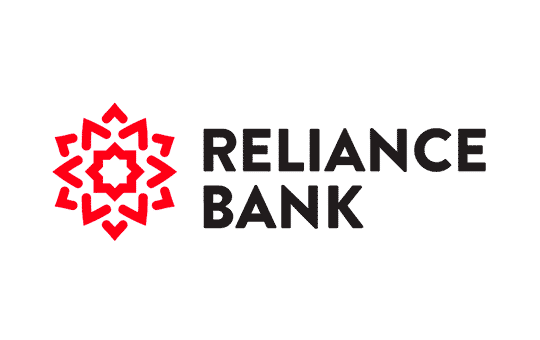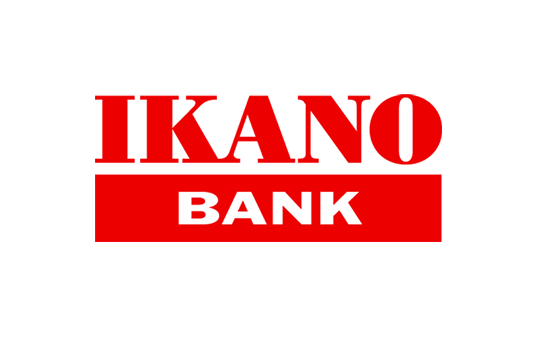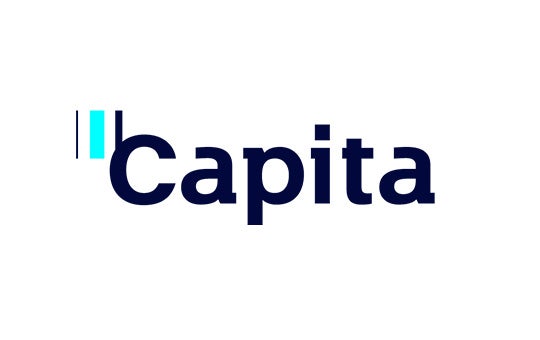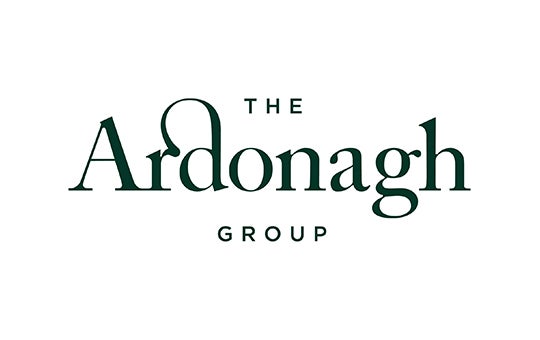
Respond to Complex Compliance Requirements without Impacting the Customer Experience
Capture a More Complete View of Customer and Third-Party Risk
In today’s challenging global environment, having a comprehensive and adaptable financial crime compliance approach is crucial.
Our broad suite of financial crime solutions provides your business with a layered risk perspective, allowing you to efficiently recognise relevant risks and complete critical financial crime compliance processes across the customer lifecycle.
Our configurable tools deliver dynamic insights and actionable risk intelligence, maximising decision speed and effectively combating financial crime risks.
Learn why the world's leading brands trust LexisNexis® Risk Solutions to support their financial crime compliance programmes, from top financial institutions to fintechs, retailers, insurers and technology firms.
Key Financial Crime Solutions Include:
Trusted by Leading Financial Institutions
We work with 45 of the world's top 50 banks. With over 20 years in the industry, we are the provider of choice for global financial institutions. Our robust technology, comprehensive data, and advanced analytics empower organisations to transform their financial crime compliance workflows, ensuring more effective, efficient, and precise investigation processes.
Explore how our robust financial crime and compliance management solutions can help your business manage risk more effectively and create cost savings through operational efficiencies.
Connect with LexisNexis® Risk Solutions today to safeguard your enterprise and streamline your financial crime compliance strategies.

Supporting the Full Scope of Financial Crime Risk Management Needs:
Discover how our financial crime compliance solutions support compliance across the customer and vendor lifecycle
We are recognised by leading global analyst firms...
Speak to an expert about our financial crime compliance solutions
Products you may be interested in
-
RiskNarrative®
Orchestration platform providing a highly sophisticated, configurable and accessible financial crime lifecycle management solution.
Learn More -
Compliance Lens
Transform the way you conduct AML screening. Benefit from industry-leading data and state-of-the-art matching and filtering technology.
Learn More -
Bridger Insight® XG
Powerful screening and ongoing monitoring platform for financial crime compliance
Learn More -
WorldCompliance™ Data
Robust databases of high-risk individuals and entities including PEPs, sanctions, adverse media and enforcements
Learn More -
LexisNexis Risk Management Solutions® – Global
Enhanced due diligence platform combining consumer, business and risk data into a single platform. Conduct robust enhanced due diligence checks quickly
Learn More















